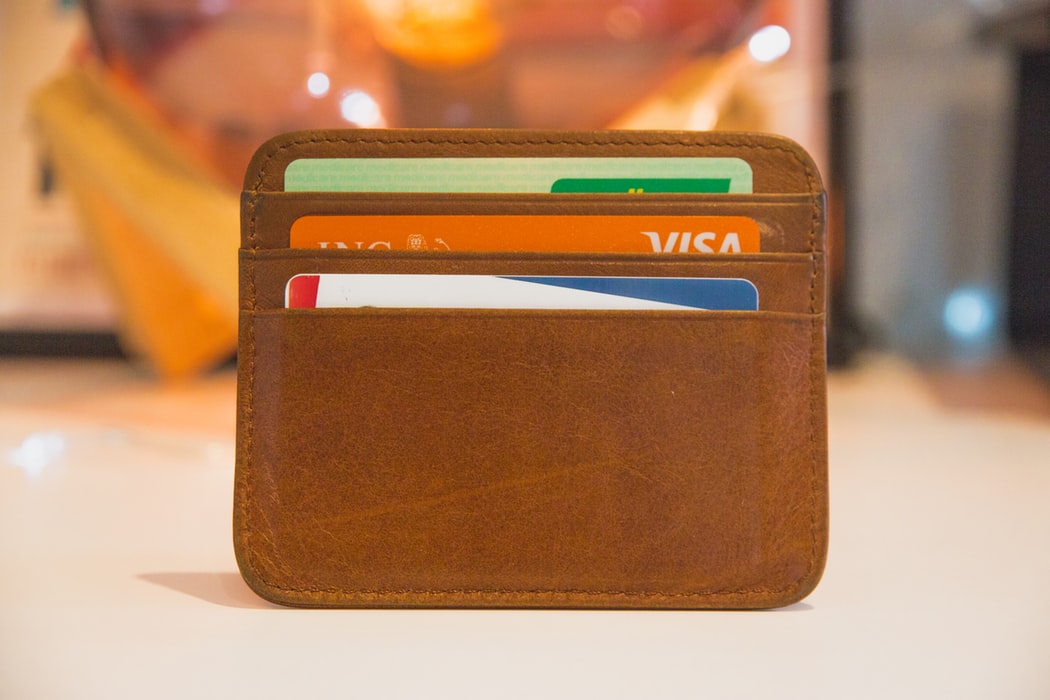Creating and maintaining a monthly budget is the first cornerstone of financial literacy and wellness. Managing a household budget is the first step to being financially responsible, no matter how old, wealthy or intelligent you are. Every single working individual should be managing a monthly budget to determine where they currently are financially and where they are heading. A budget can help a person achieve their saving goals in order to pay off big debts, fund schooling, retire comfortably or enjoy a well-deserved holiday. Consider the advantages of a monthly budget and how to create one in order to be financially secure.
Household Budgeting
Preparing and maintaining a household budget should be a priority in every home. A household budget can avoid cash-flow problems by being organised and precise. Adhering to a strict budget is the best way to stay on top of your finances and to minimise the stress that comes with financial hardships.
An organised budget is a ledger of income versus expenses on a monthly basis for an entire year. A proper budget will contain the following information;
- Income – any form of income should be listed, such as but not limited to salary or wages, tips, bonuses, investment income or alimony
- Expenses – any form of expense will be deducted from the gross income, such as, but not limited to insurance premiums, travel and car expenses, groceries, utilities, rent, home or short-term loans, bank fees, savings, credit card payments, medical expenses, membership fees, policies, clothing, school fees, subscriptions and spending money
- Disposable Income – the amount of money left after all taxes and deductions have been made
Your disposable income should be the money left to do with as you wish, normally this would mean the amount of money you can spend on entertainment or leisure. Your disposable income should not include your savings contributions. Your savings account should be deemed as an expense and not used frivolously.
The Benefits Of A Budget
The main purpose of a budget is to determine what your income is spent on and if your expenses outweigh your income. If your income is less than your expenses column, you have a financial problem. A budget will allow you to determine where you can amend your expenses in order to manage your income appropriately so that you are not left with more month at the end of your money. A well-planned budget will keep you out of overwhelming debt or assist you in working through the debt repayments.
Responsible Lending
Once you have set up a strict budget, you are able to focus on responsible borrowing, which will save you on interest rates monthly. If you have credit card or loan payments to make, try to pay extra on these deductions (if your budget allows) in order to save money on interest long-term. When you apply for finance, choose a loans UK companies such as Simple Personal Loans in order to make your budget work for you.
By involving your spouse or partner and even your children in the budget each month, you are not only setting a good financially savvy example but also allowing everyone to do their part in saving and spending. Another advantage of sharing your household budget with your children is to set them up to do the same so they can respect money, savings, and expenditure. If you currently do not have a budget, set up one today and start managing your money wisely.
Image courtesy of Webaroo.com.au





